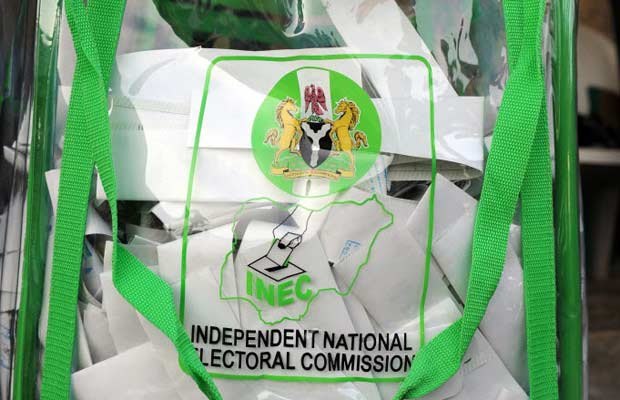Police, INEC release ‘Code of Conduct’ for Elections

Ahead of the governorship elections in Edo and Ondo States, the National Security Adviser (NSA), Major-General Babagana Munguno; the Inspector-General of Police (IGP), Mohammed Adamu, and the Chairman, Independent National Electoral Commission (INEC), Prof. Mahmood Yakubu, have released a comprehensive code of conduct for all security personnel to be engaged in election duties.
The document, signed by the trio, listed procedures for arrests to be made during elections as well as the cautions to be observed.
According to them, the Code of Conduct is to guide all members of the Inter-Agency Consultative Committee on Election Security (ICCES) and their personnel while on electoral duties is spelt out in this document.
The code of conduct states that all security personnel on election duty shall account for personnel and equipment, such as weapons and other related equipment issued to them, adding that duty parade must not disrupt or delay the smooth conduct of elections and other electoral activities.
The code of conduct stated that “Except for personnel deployed on covert operations, all personnel on electoral assignment will ensure a neat turnout in their prescribed uniform and name tags, which must be identifiable to the public, stating that ICCES may from time to time approve a common means of identification for all security agencies on election duty.
“Personnel on covert operations will ensure they turn out in clean outfits, having strict regard for the authorized identification card. Officers engaged in traffic control will ensure that white gloves and armbands are worn.
“No unauthorized item of accoutrement/kits like a cudgel, horsewhip, etc. shall be carried by any personnel on election duty. At no time will personnel deployed to Polling Units be allowed to carry firearms.
“Prescribed and appropriate weapons and riot equipment are to be issued to personnel, who are entitled to bear them. Clearly marked vehicles are to be used for every election exercise and/or operation. The use of personal vehicles to convey personnel for duty is highly discouraged.
“Pocket notebooks shall be carried, where important incidents encountered during tours of duty can be noted, in view of the fact that all security personnel can be personally summoned to account for their actions/inactions while on election duty,” the document stated.
Also, the code of conduct stipulates that “At venues of all electoral activities, designated officers will identify areas to be classified inner and outer rings respectively to serve as a guide in deployment.
“On no account should personnel deployed to the inner ring of the venue of political events or voting centres/polling units be assigned any lethal weapon except baton. Involvement of the officers at political gatherings shall be limited to the maintenance of peace and order and enforcement of extant laws.
“Officers shall at all times exercise maximum restraint while covering political gatherings or deployed at voting/collation centres. Officers shall not at any time turn themselves into spectators but shall at all times be conscious of happenings around them, observe precautionary measures and personal safety while on duty.
“Security personnel shall use tact and persuasion to resolve issues, when dealing with or confronted by agitated persons in the crowd. Refer cases to senior officers or supervising officers to avoid escalation where there is tension.”
On venues of political gatherings, voting, collation centres and other electoral activities, the document urged personnel to as much as possible survey and sweep the venues for Improvised Explosive Devices (IEDs) by the Police Explosive Ordinance Disposal (EOD) personnel ahead of the event.
In the case of an unexpected incident of an explosion, “Police EOD Section shall be informed promptly, if not present at the venue, and an evacuation process shall be initiated immediately, while the area is sealed to prevent obstruction during the rescue operation and loss of evidential materials.”
Ayooluwa Joshua

